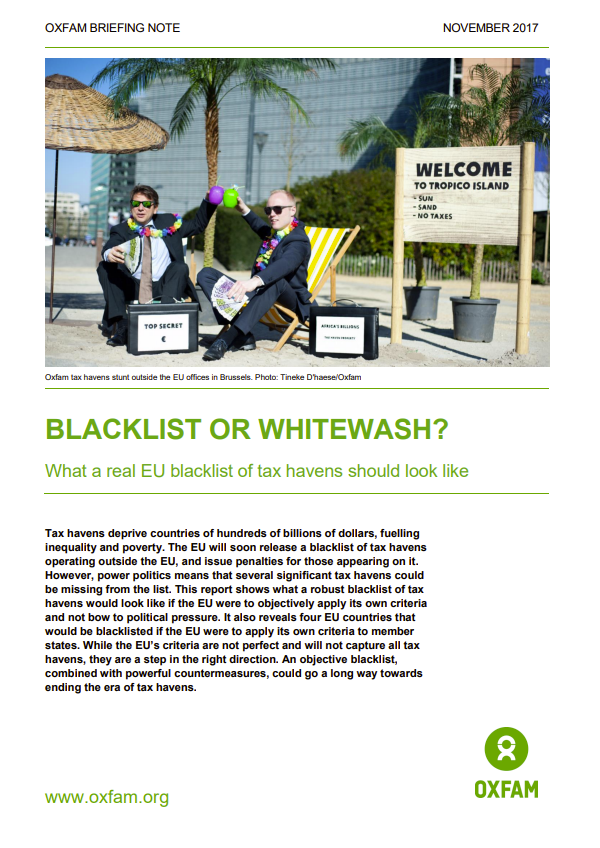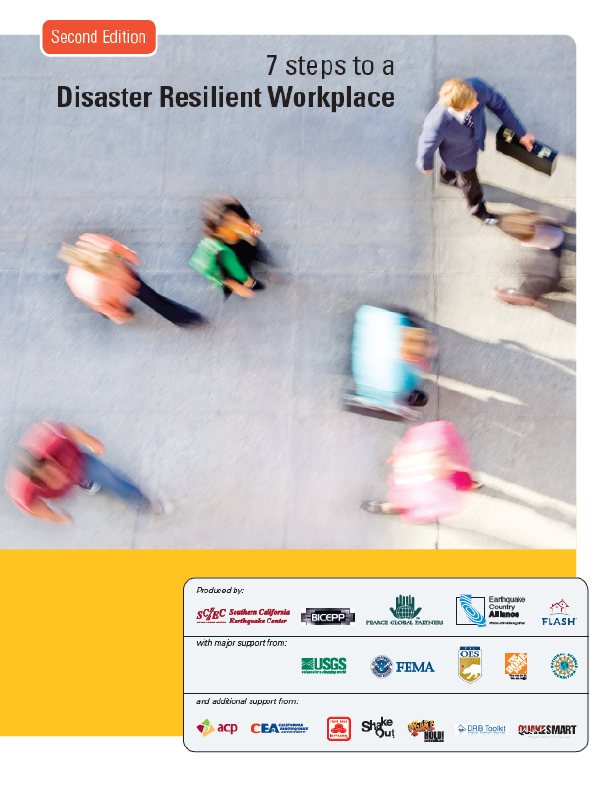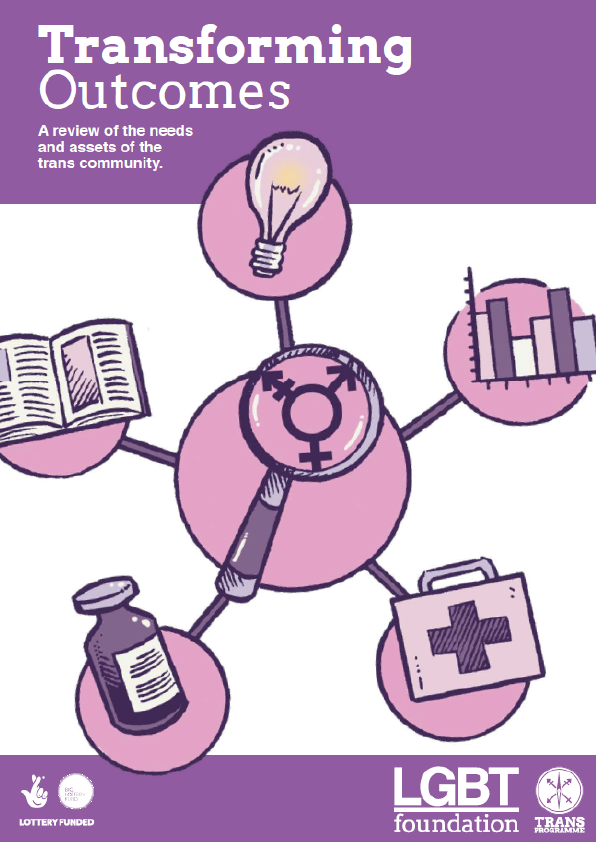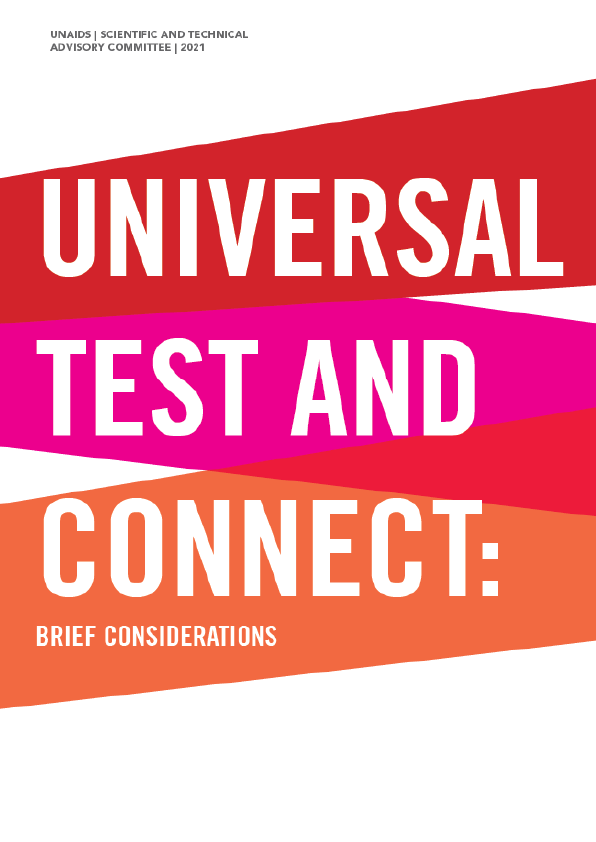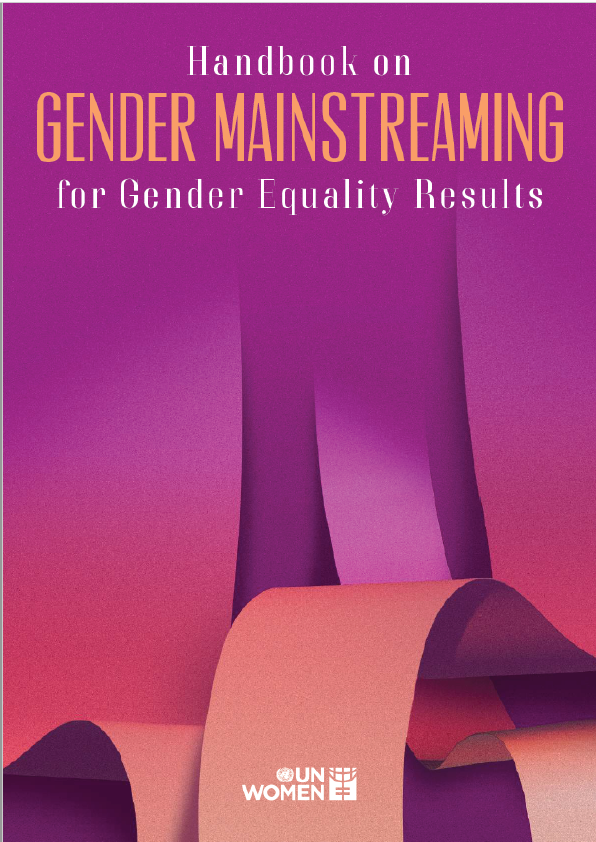Tax avoidance is the legal usage of the tax regime in a single territory to one’s own advantage to reduce the amount of tax that is payable by means that are within the law. A tax shelter is one type of tax avoidance, and tax havens are jurisdictions that facilitate reduced taxes.
Tax havens deprive countries of hundreds of billions of dollars, fuelling inequality and poverty. The EU will soon release a blacklist of tax havens operating outside the EU, and issue penalties for those appearing on it. However, power politics means that several significant tax havens could be missing from the list.
This report shows what a robust blacklist of tax havens would look like if the EU were to objectively apply its own criteria and not bow to political pressure. It also reveals four EU countries that would be blacklisted if the EU were to apply its own criteria to member states.
While the EU’s criteria are not perfect and will not capture all tax havens, they are a step in the right direction. An objective blacklist, combined with powerful countermeasures, could go a long way towards ending the era of tax havens.
SUMMARY
The Paradise Papers revelations have once again put tax havens in the spotlight. The global network of secrecy that helps the super-rich and multinational corporations to avoid the tax they owe is a global scandal. Tax havens drive inequality. They allow the rich to avoid tax and are helping create extremes of wealth that see eight men owning the same as the bottom 3.6 billion people. They deny governments hundreds of billions in tax revenue – revenue that could be spent on life-saving healthcare or education for all.
All over the world, citizens are again demanding that something be done to end tax havens once and for all.
The EU blacklist: a step forward?
One concrete and powerful way to clamp down on tax havens is to establish an objective list of what they are and to ensure that those on the list are subject to punitive sanctions. Given this, Oxfam has formally welcomed and supported4 the EU’s move to establish a joint-EU blacklist.
To work, a blacklist must be based on transparent and objective criteria and be free from any vested interests or political interference. If not, a blacklist can rapidly lose credibility. As powerful tax havens ensure that they are not on the list, it rapidly becomes a whitewash instead. This has been the case with the OECD list created for the G20, which ended up with just one country on it, Trinidad and Tobago.
Sadly, the process of creating an EU tax havens list has been handicapped by the same problems. It has been opaque. Its criteria should be significantly strengthened. The EU should do far more to target tax havens that have corporate tax rates that are zero or close to zero. It could also do a lot more to target the multiple loopholes that allow corporations to avoid paying the tax they owe.
Nevertheless, if the EU at least applies the criteria it has already managed to agree on in an objective way, this could be a meaningful step toward ending tax havens. The EU plans to publish its first list on 5 December 2017. In anticipation of this, Oxfam has identified which countries should be on this list if it is to be objective, effective and credible.
